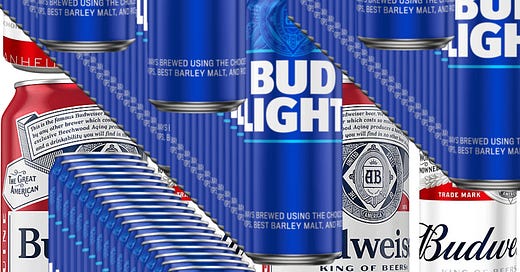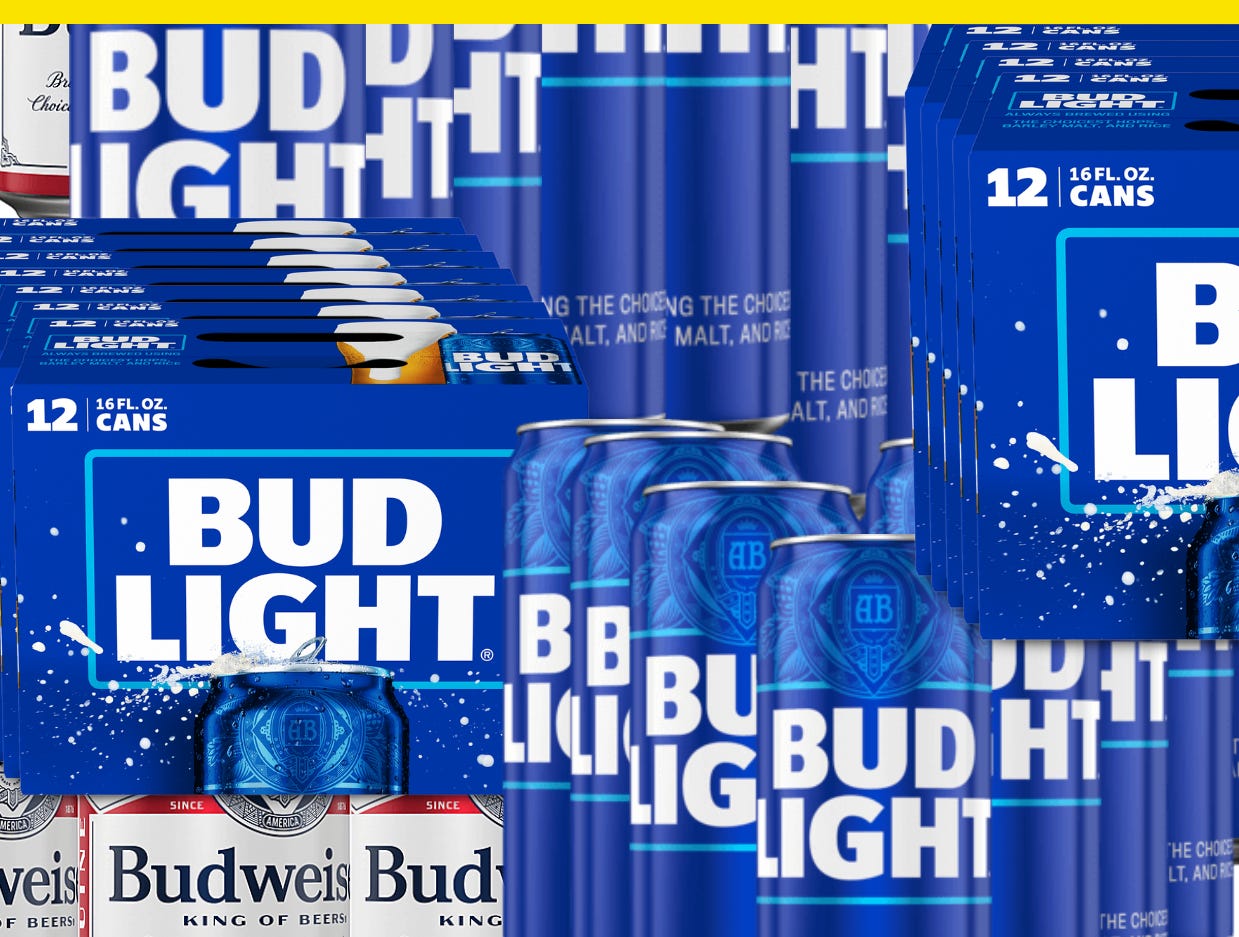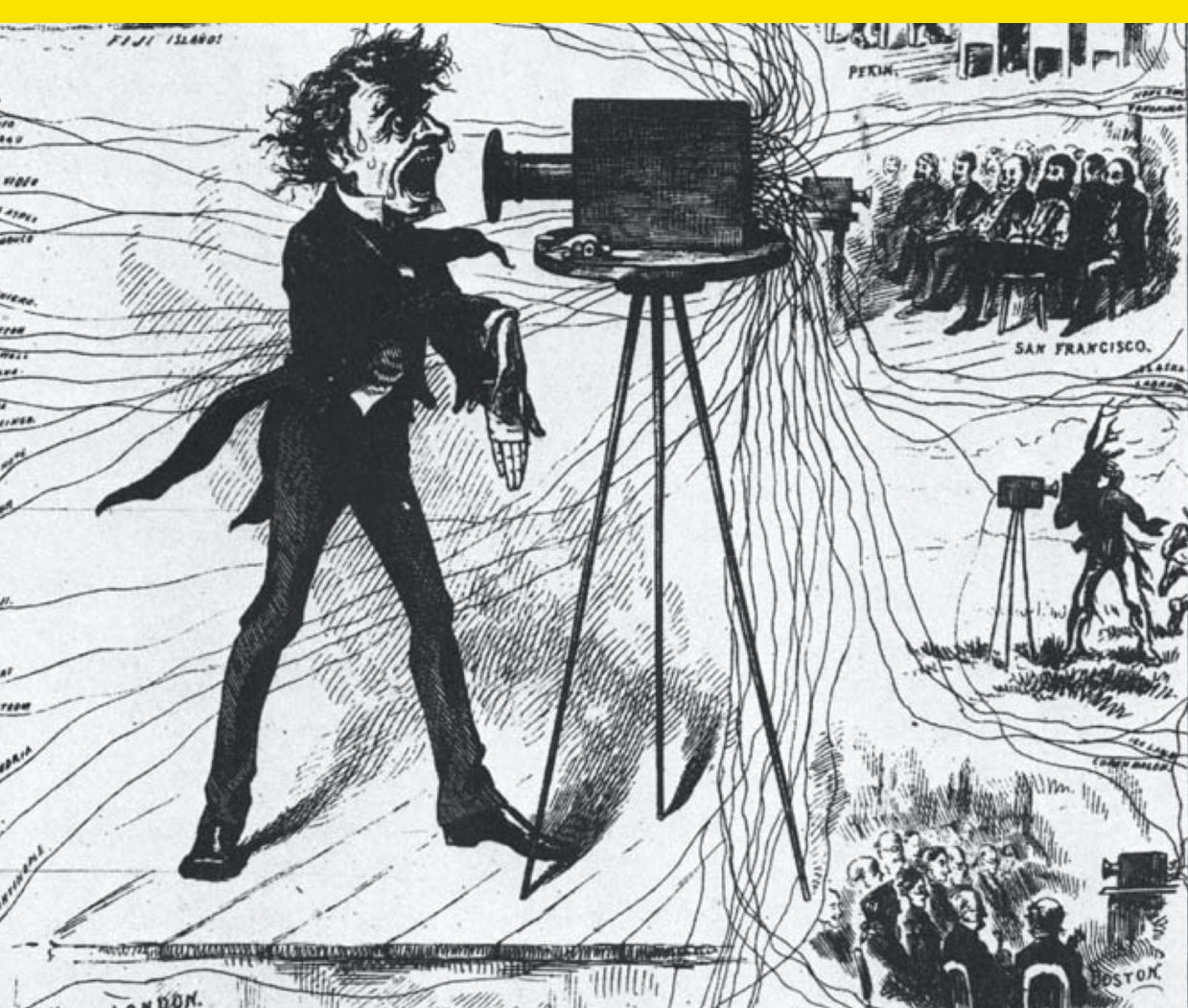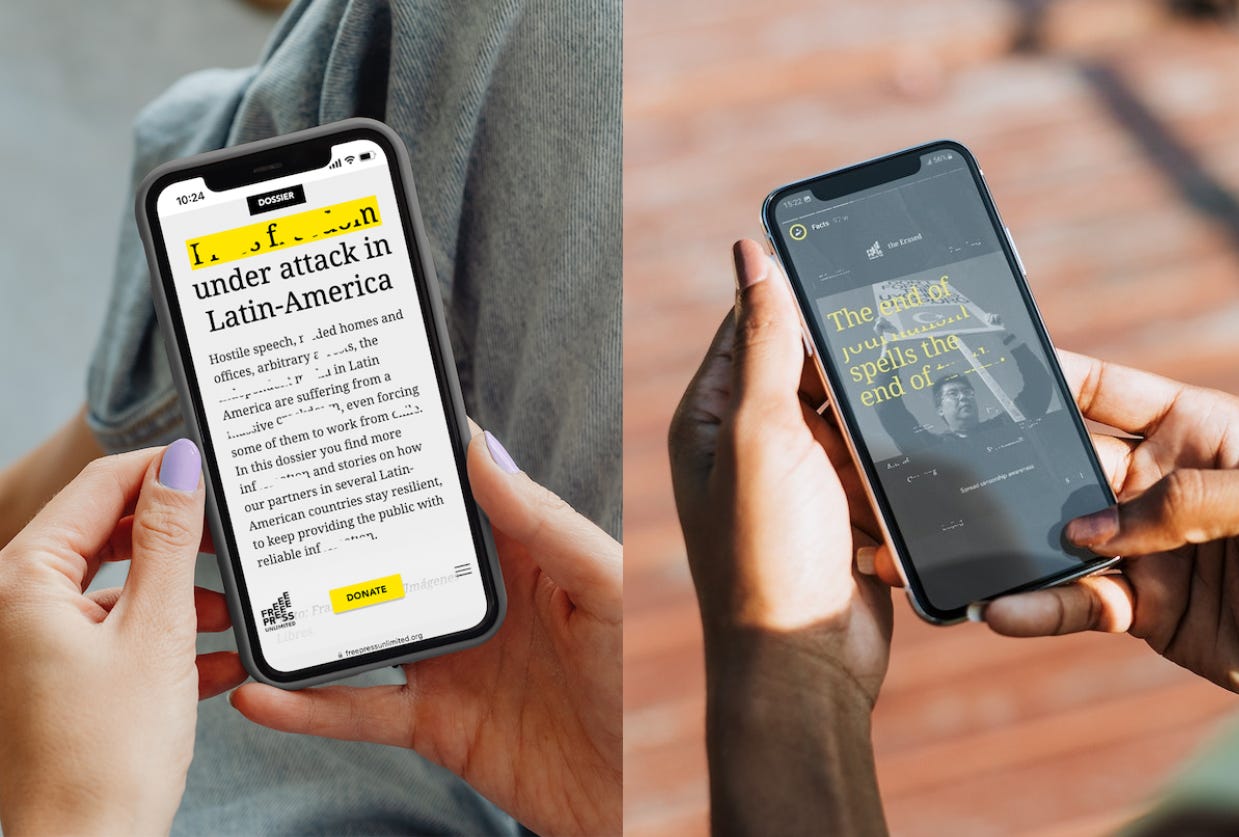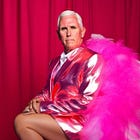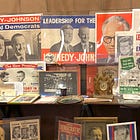Is Bud Light a turning point in the culture wars or nah?
Plus: this font was designed to draw attention to imprisoned journalists
Boycotting brands over corporate political stances was popular during the Trump administration, but they rarely seemed to make much of an impact on a business’ bottom line. Despite a conservative boycott of Nordstrom in 2017 after the department store dropped Ivanka Trump’s fashion line, for example, the company’s stock ended that year slightly up from where it began.
Anheuser-Busch InBev, the beverage maker behind Bud Light, though, is feeling pressure following a conservative boycott after the beer brand partnered with Dylan Mulvaney, a transgender influencer, for a social media post.
In the past, video of Kid Rock shooting your product in protest didn’t carry long-term consequences, but HSBC, a bank, downgraded the stock for Anheuser-Busch InBev to hold because of the company’s “Bud Light problem.” In a note, analyst Carlos Laboy wrote that there are “deeper problems” than the company is willing to admit because of the backlash. Sales of Bud Light and other Anheuser-Busch beverages are down from a year ago.
Bud Light faces criticism from the right, and some Chicago gay bars now say they’re done selling Anheuser-Busch products because of how the company handled the fallout. “They have chosen to side with a group of people who are being very hateful,” a bar owner told NBC News.
Could it be the right has won a breakthrough battle in the culture wars, or is Bud Light an outlier? Disney, another brand that’s attracted the ire of conservatives, is proving itself more deft at defending against partisans than Anheuser-Busch. On an earnings call Wednesday, Disney CEO Bob Iger was defiant, accusing Florida Gov. Ron DeSantis of singling out his company for exercising its right to free speech.
“Does the state want us to invest more, employ more people, and pay more taxes or not?” Iger said. “We never wanted and we certainly never expected to be in a position of having to defend our business interests in federal court, particularly having such a terrific relationship with the state for more than 50 years.”
It’s too early to say whether conservative backlash to Bud Light represents a new, more cautious era for brands. Disney isn’t backing down from a fight it didn’t pick and companies haven’t said they’re skipping next month’s Pride, but brands may be slower and more strategic to engage on social issues if they perceive a potential higher cost to speaking out.
This open letter calls for restrictions on A.I. illustrations in publishing
More than 1,000 writers, artists, and media professionals have signed an open letter calling on the publishing and news media industries to take a stand against A.I.
The letter, by artist and activist Molly Crabapple and the Center for Artistic Inquiry and Reporting, calls on the industries “to take a pledge for human values against the use of generative-AI images to replace human-made art.”
“Since the earliest days of print journalism, illustration has been used to elucidate and add perspective to stories,” Crabapple wrote. “Even with the advent of photography in the 19th century, hand-drawn illustrations continued to have their place, both as a synthesis of the artist’s vision and the writer’s meaning.”
The letter calls A.I. art generator datasets “effectively the greatest art heist in history” because they use “millions of copyrighted images, harvested without their creator’s knowledge.”
“It’s daylight robbery.”
You can read the letter here. What do you think?
Meet the font was designed to draw attention to imprisoned journalists
The Erased font is hard to read on purpose.
For World Press Freedom Day, the press advocacy group Free Press Unlimited released a free custom font that “erases” 363 words to represent 363 imprisoned journalists.
“Every journalist in prison is a lost perspective on the truth,” said Pol Hoenderboom, executive creative director at 180 Amsterdam, the creative agency that designed the font with Wonderland for Free Press Unlimited, in a statement. “The Erased font is designed to make sure that their stories are not lost, and their perspectives are not erased.”
The erased words were selected from topics that the journalists were imprisoned for, like “censorship,” “democracy,” “freedom,” and “corruption” and the font use ligatures to “erase” the words, according to the group.
Free Press Unlimited used Erased on its site to tell the stories of a few journalists who have been imprisoned, and it said the imprisonment of journalists has grown by more than 296% since 2000.
The 2023 World Press Freedom Index found press freedom is poor or problematic in seven out of 10 countries.
You can download the Erased font here.
Have you seen this?
What do the Beatles mean to artists today? Here’s how 30 illustrators see the band. [It’s Nice That]
Uniqlo and a Paris design agency’s splashy new t-shirt for the Louvre aim to avoid an “obvious representation” of history. “The Scripts of the Louvre” collection was released this week. [Artnet News]
Like what you see?
Subscribe for more:

